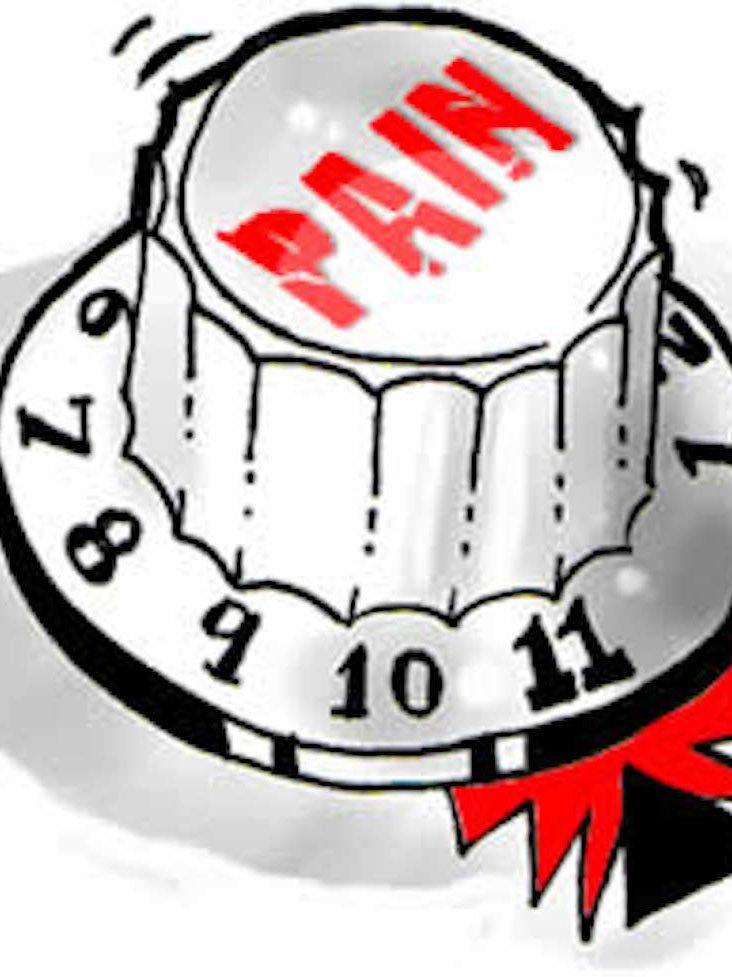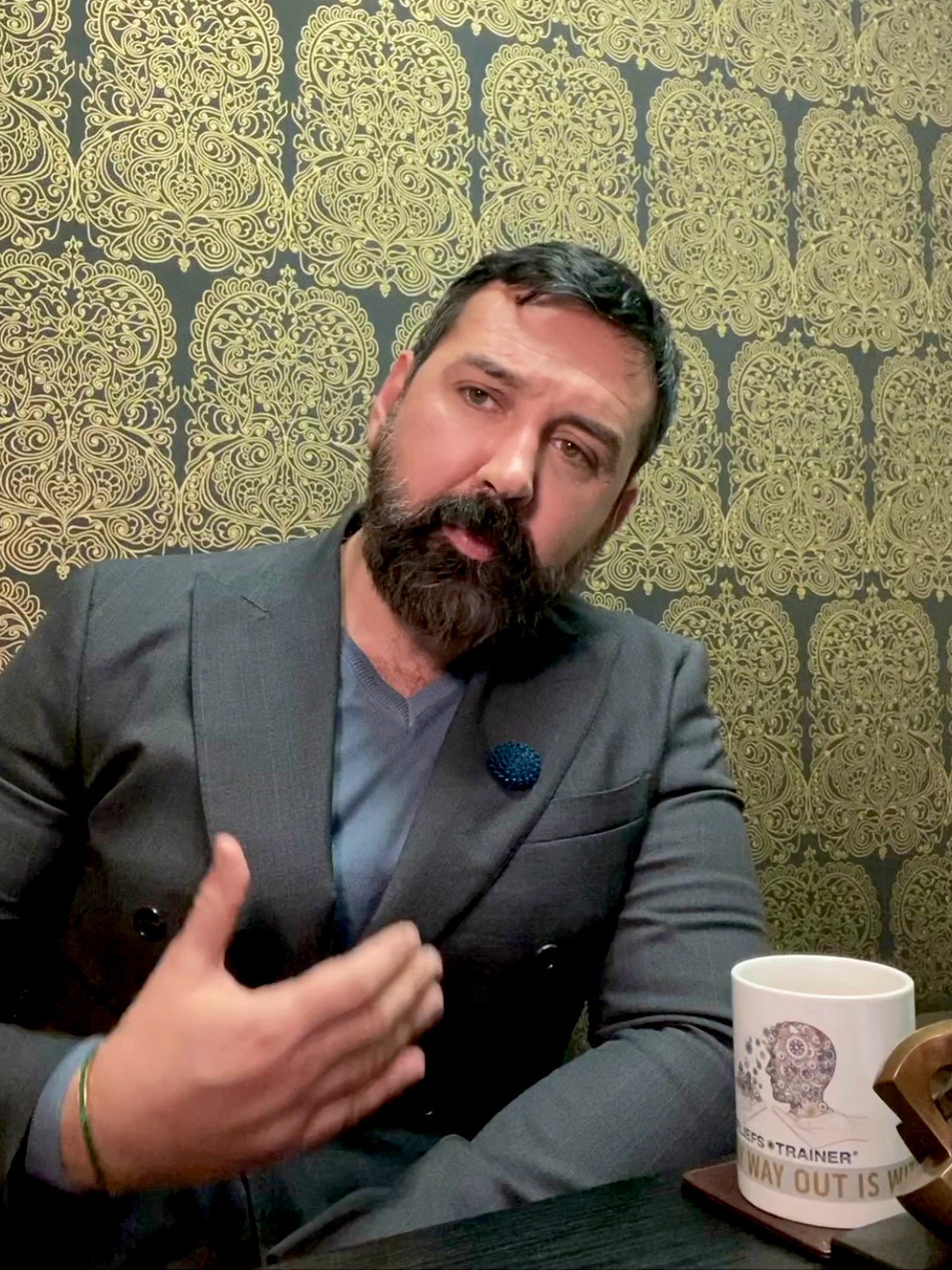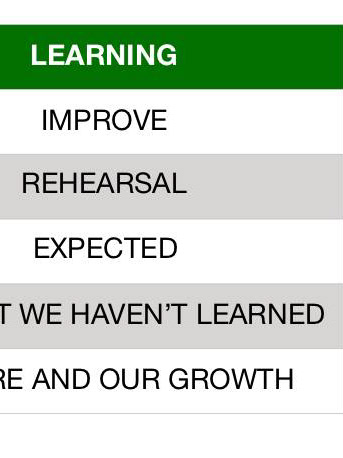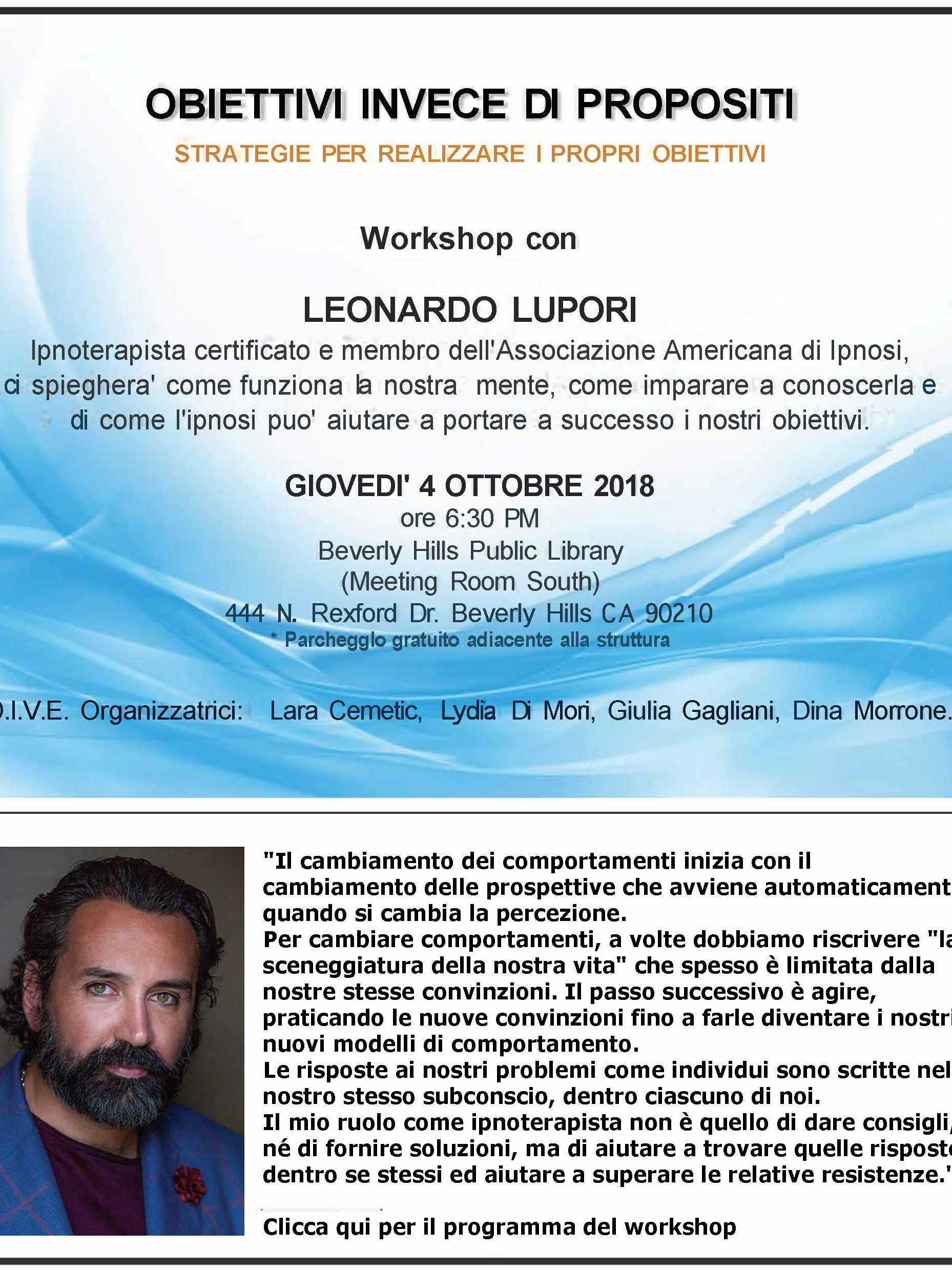Etymologically, “procrastination” came from the Latin procrastinare, exactly as I would say it in Italian, which translates into — to put off until tomorrow.
WHAT DOES IT MEAN TO PROCRASTINATE?
Procrastination is not just a voluntary deferring; it is more than that.
Procrastination differentiates from delaying by the fact that when we procrastinate there is an awareness in us that we are postponing. We are delaying, and according to our own consciousness, we shouldn’t, so we do something against our better judgment. This means that self-awareness plays an important part in making us feel “bad” when we procrastinate.
When we procrastinate, we have a double consequence. We avoid the task and then we think that avoiding is a bad idea, but we do it, anyway.
PROCRASTINATION – HELPFUL OR HARMFUL?
If procrastination isn’t about laziness, then what is it about?
Dr Pychyl professor of psychology, and member of “the Procrastination Research Group at Carleton University, says in his book “solving the procrastination puzzle” that Procrastination is an emotion regulation problem, not a time management problem.”
Procrastination is in fact helping us to regulate our emotions, and what Dr Pychyl says it actually quite interesting.
PROCRASTINATION SERVES OUR SUBCONSCIOUSNESS BUT NOT OUR CONSCIOUSNESS
Procrastination is a tool that our subconscious mind has chosen to avoid negative feelings.
Procrastination is not the problem, procrastination is the solution, the solution that our subconscious mind might have chosen to avoid certain feelings that we would experience by completing the task. But, because avoiding the task makes us have a negative opinion of ourselves at our conscious level, eventually we’ll end up with negative feelings anyhow and self-judgement.
When we procrastinate, we are subconsciously choosing to avoid negative feelings now, over the negative feelings that we will face as consequence of the outcomes resulting from our procrastination.
Translated - procrastination is about emotions, not productivity. Not surprising, as instant gratification was part of our species even before we started to plan and strategize our future.
HOW CAN HYPNOSIS HELP?
Hypnosis is a great tool to discover what simmers in the subconscious mind, to discover what the subconscious mind is avoiding or gaining by procrastinating. In hypnosis we can create increase and decrease our ego-sensation. In the state we can substitute a feeling with another that help us to execute instead of postponing.









